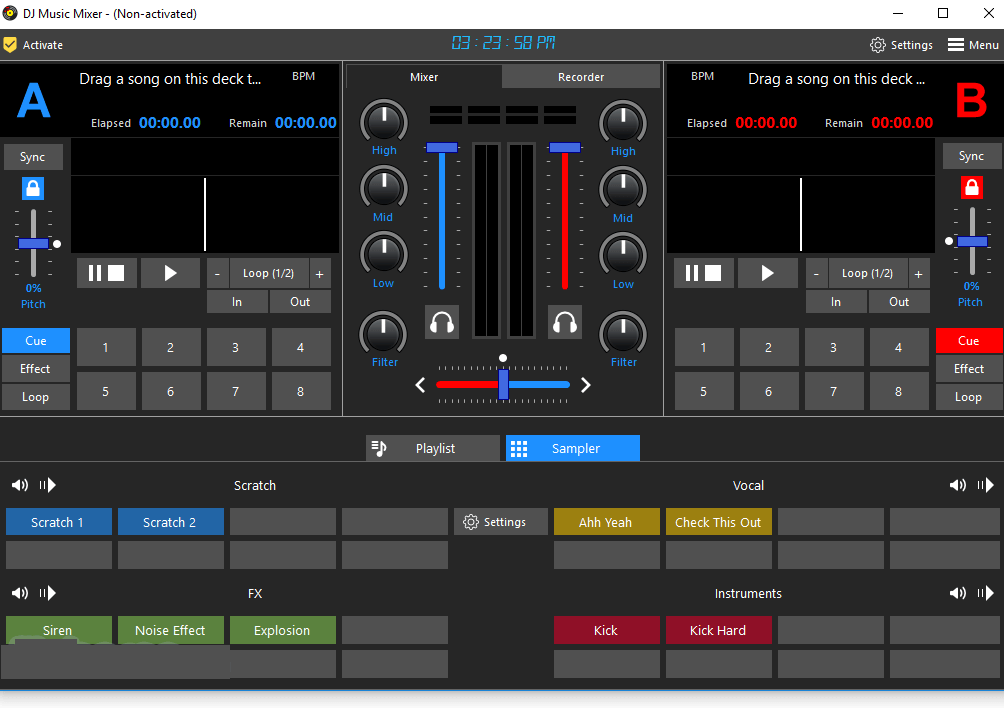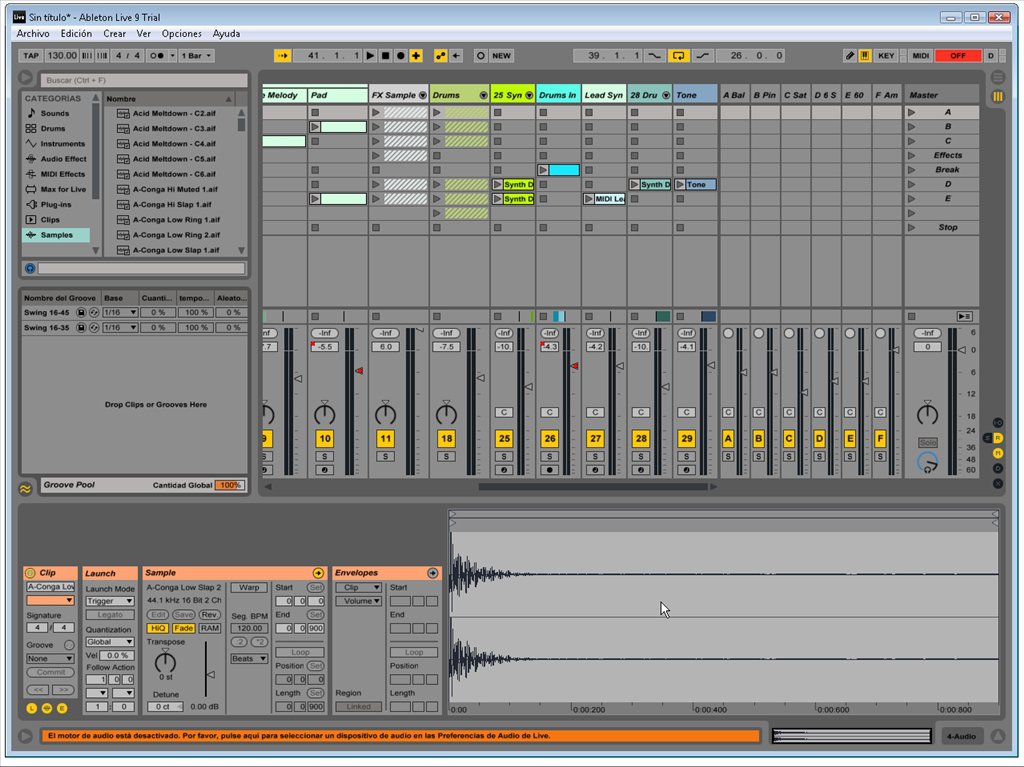

Targeted therapies, such as RAFi/MEKi or epidermal growth factor receptor inhibitors, and immunotherapies, such as immune checkpoint inhibitors, have already an established role in the clinical care of patients with cancer.

Importantly, this rewired state not only dominates RAFi- and RAFi/MEKi–resistant tumors but is also already present in a subset of therapy-naïve tumors that respond poorly to immunotherapy.īasic and translational cancer research has provided us with many therapies. We showed that this cross-resistance is controlled by a reactivated and rewired MAPK signaling pathway, which not only restores its cancer cell–intrinsic oncogenic functions but, in addition, drives an immune-evasive gene expression program that establishes a completely different immune phenotype conferring resistance to immunotherapy. However, given the entirely different mode of action of these therapies, it was surprising that acquired resistance to targeted therapies could potentially jeopardize a treatment response to immunotherapy further, how this could be achieved mechanistically remained unclear ( Fig. UNDERSTANDING CROSS-TALK BETWEEN CANCER CELLS AND IMMUNITYĮmerging clinical evidence had already suggested that patients who relapsed on targeted therapies had a lower overall response rate to immunotherapy compared with patients who are naïve to targeted therapies additionally, targeted therapy-resistant tumors had a reduced number of CD8 T cells in their tumors ( 8, 9). To achieve this, we have developed CRISPRa tracing of clones in heterogeneous cell populations (CaTCH) ( 6), a functional lineage tracing method that serves as a “time machine” to track and functionally interrogate cellular evolution. More recently, and as outlined below, my laboratory has made important contributions to identifying and dissecting cross-resistance between targeted therapy and immunotherapy ( 5) and deciphering the origins of resistance to cancer therapies ( 5, 6). In my previous work, my colleagues and I identified mediators of targeted therapy resistance ( 2), metastatic colonization ( 3), and immune evasion ( 4).

For example, by molecularly and functionally comparing selected clones with their parental populations, we can link molecular features that dictate clonal behavior, such as genetic and non genetic features in cancer cells or different tumor microenvironments (TMEs) to cell fates and also identify new vulnerabilities. These bottlenecks lead to directed tumor evolution where pre-existing low-frequency subclones are selected or clones adapt and acquire pro-survival features and then clonally expand. It is important to consider all three elements to develop effective combination therapies for treating metastatic cancer.Ī key approach in our laboratory is to explore and exploit the evolution of tumors as they are shaped by selective bottlenecks under therapy and during cancer progression and metastasis ( 1). Finally, understanding the cross-talk between tumor cells and the tumor microenvironment with and without drug treatment (+/− Rx) is needed to identify additional targets for therapeutic intervention.

Second, we need to identify new vulnerabilities that may arise from these acquired resistance mechanisms that can be targeted by additional drugs or combinations of drugs to induce tumor regression (+/− Rx). First, the mechanisms underlying intrinsic and acquired resistance to targeted therapies or immunotherapies need to be elucidated. The development of effective combination therapies will depend on understanding various aspects of the tumor and its microenvironment. However, intrinsic or acquired therapy resistance remains a challenging problem. MAPK-driven cancers such as melanoma are amenable to MAPK pathway–targeted therapies, such as RAFi and MEKi, and immunotherapies.


 0 kommentar(er)
0 kommentar(er)
